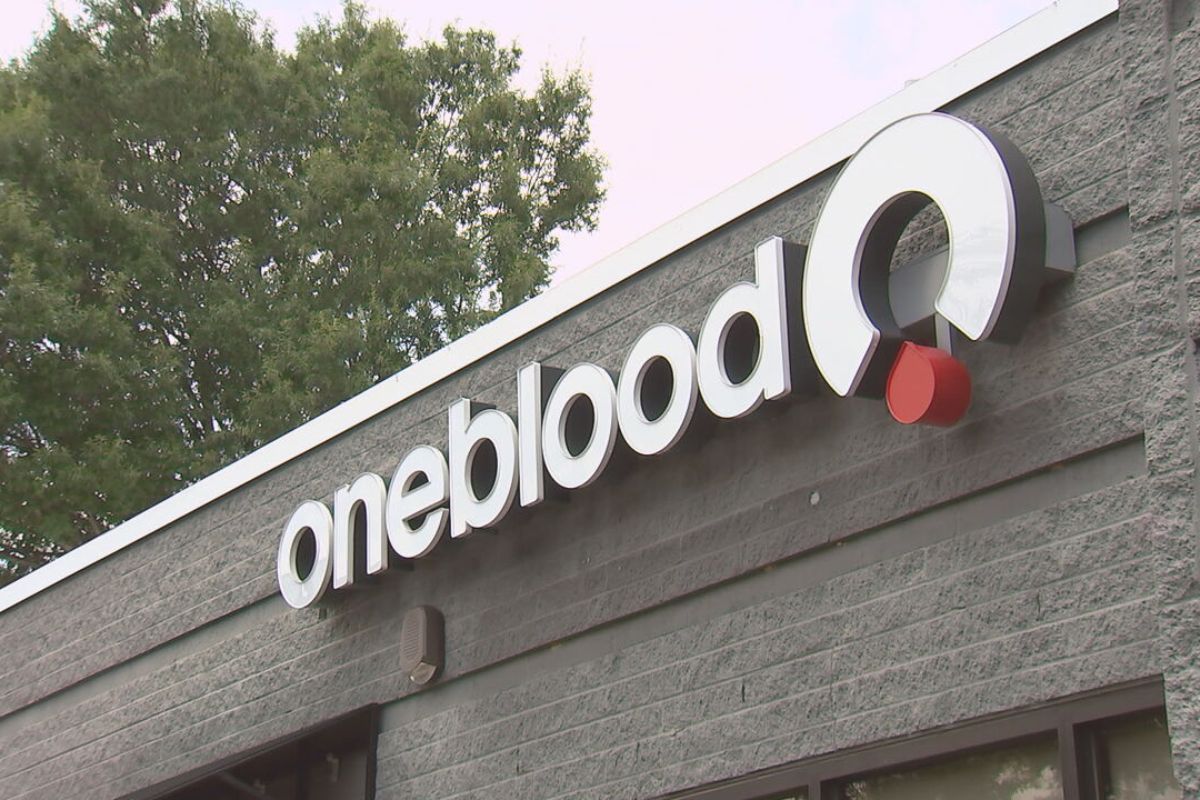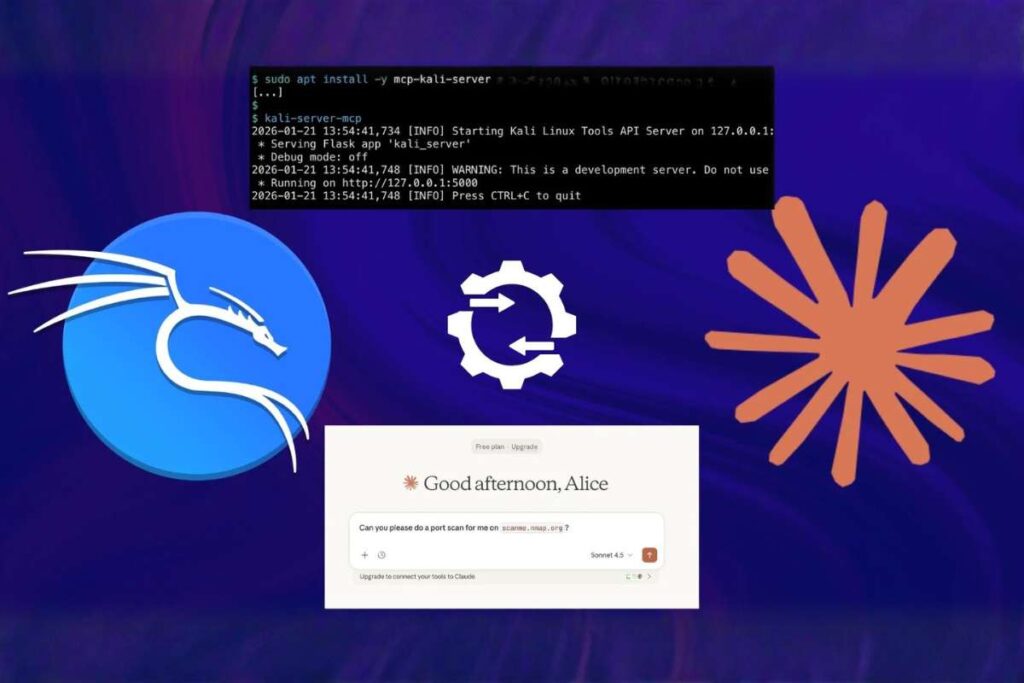OneBlood, a key nonprofit organization responsible for providing blood and blood products across five states, has announced a significant ransomware attack that is severely affecting its operations. This cyber incident is impacting the organization’s ability to deliver essential blood services to over 350 hospitals across Florida, Georgia, Alabama, North Carolina, and South Carolina.
Ransomware Attack Disrupts Blood Services
On July 31, OneBlood reported a ransomware attack that has compromised its software systems, leading to substantial disruptions in its operations. The organization confirmed that while it remains operational, its capacity to collect, test, and distribute blood has been significantly reduced. Hospitals within the affected regions have reported that the incident is interfering with patient care, prompting them to implement conservation and prioritization strategies to manage the impact. Despite ongoing efforts to address the situation, OneBlood has not provided a timeline for full restoration of its services.
Coordinated Response and Support Efforts
The American Hospital Association (AHA) is actively engaged with state hospital associations and federal agencies to coordinate support and manage the fallout from the ransomware attack. The AHA is in regular contact with the Department of Health and Human Services, the Food and Drug Administration, and other relevant bodies. Furthermore, the AABB Interorganizational Disaster Taskforce is working to mobilize support from other U.S. blood centers to help alleviate the strain on OneBlood and ensure that the blood supply remains stable.
In response to the growing threat, the AHA and the Health Information Sharing and Analysis Center (HISAC) have updated their advisory bulletin. This bulletin, initially shared last month, outlines recent ransomware attacks on OneBlood, Synnovis, and Octapharma by Russian cybercrime gangs. It emphasizes the need for hospitals and health systems to integrate their mission-critical and life-critical third-party suppliers into their enterprise risk management and emergency management plans. This approach is vital for maintaining resilience and redundancy in today’s interconnected healthcare environment.
Implications and Recommendations
John Riggi, the AHA’s national advisor for cybersecurity and risk, highlighted the severe implications of the ransomware attack. He noted that the disruption to blood supply and patient care, including the cancellation of elective surgeries, underscores the critical nature of these attacks. Riggi warned that such cyberattacks are increasingly targeting health care’s mission-critical and life-critical service providers, aiming to cause widespread disruption.
Riggi urged hospitals and health systems to identify and fortify their critical third-party service and supply chain providers. He recommended developing robust business and clinical continuity procedures to sustain operations in the event of a prolonged loss of access to these essential services. Additionally, Riggi called on government partners to enhance their efforts in threat intelligence dissemination, disrupt cybercriminal activities preemptively, and offer support during attacks.
In conclusion, this ransomware attack on OneBlood serves as a stark reminder of the vulnerabilities within the healthcare sector. The incident highlights the urgent need for improved cyber defenses and coordinated responses to safeguard essential services and ensure the continuity of patient care.
Also Read: Cyber Pro Magazine






